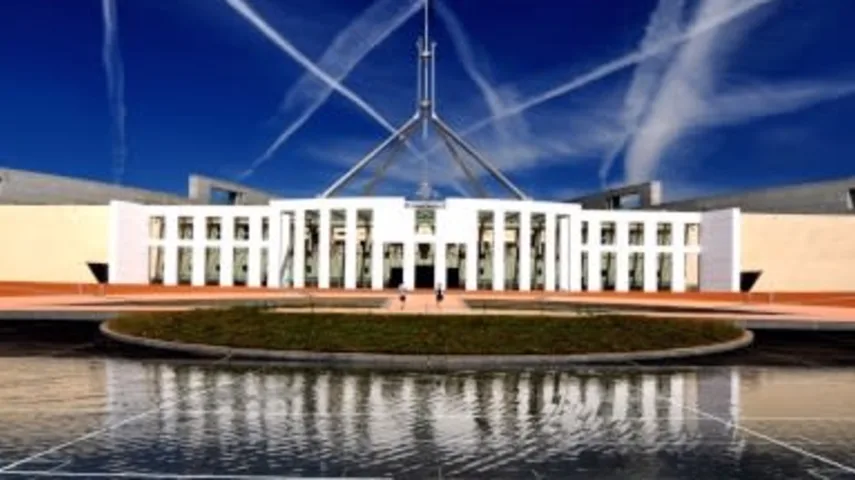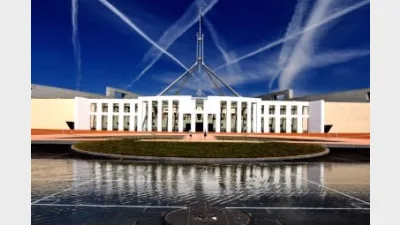Budget 2023: No super surprise from Chalmers



Treasurer Jim Chalmers has handed down his “carefully calibrated” Budget, with measures largely geared towards cost-of-living relief and tackling inflationary pressures.
In his second Budget speech since Labor took over government last year, the Treasurer forecast a small surplus in 2022–23, the first in 15 years.
He also noted the next two years were expected to be the weakest for global growth in over two decades.
“In all our decisions, we seek to strike a considered, methodical balance between spending restraint to keep the pressure off inflation, while doing what we can to help people struggling to make ends meet,” Chalmers said.
“The global economy is slowing due to persistent inflation, higher interest rates and financial sector strains. Outside of the pandemic and the Global Financial Crisis, the next two years are expected to be the weakest for global growth in over two decades. This will affect us here in Australia.”
On the superannuation front, he confirmed the widely-anticipated move to increase the tax rate for people with more than $3 million in their super fund which would kick in from 1 July 2025.
Under the measures, the headline tax rate for super balances exceeding $3 million would rise from 15 per cent to 30 per cent and was expected to raise $900 million over the next four years and $3.2 billion over the next five years.
It had been flagged in February by Prime Minister Anthony Albanese and gone through a period of consultation which opened at the end of March.
He also confirmed the introduction of payday super, which had been welcomed by superannuation organisations. This would require businesses to pay super to their employees at the same time that they pay salary or wages, starting from 1 July 2026.
Around 8.9 million Australians were expected to benefit from higher retirement savings from receiving their Superannuation Guarantee (SG) contributions earlier and more frequently throughout their working life.
Reacting to the news last week, super organisations described the measure as a “big win” for younger workers, casual workers, lower-paid staff and women.
The budget highlighted continued investment for a pipeline of new social and affordable dwellings, including delivering the Housing Australia Future Fund, and offering tax incentives for build-to-rent projects to increase the supply of housing.
Industry Super Australia (ISA) had previously voiced its support for the legislation. Additionally, Cbus Super had committed up to $500 million over five years to the Housing Australia Future Fund as part of the National Housing Accord.
Notably, the 2023-24 Budget did not make any mention of superannuation payments on paid parental leave, an issue that had been flagged in furthering the super gender gap. Last year, in discussion with the Financial Services Council (FSC), Assistant Treasurer Stephen Jones had said it was about “finding headroom” to fund it and said to “watch this space.”
Recommended for you
Australia’s largest super funds have deepened private markets exposure, scaled internal investment capability, and balanced liquidity as competition and consolidation intensify.
The ATO has revealed nearly $19 billion in lost and unclaimed super, urging over 7 million Australians to reclaim their savings.
The industry super fund has launched a new digital experience designed to make retirement preparation simpler and more personalised for its members.
A hold in the cash rate during the upcoming November monetary policy meeting appears to now be a certainty off the back of skyrocketing inflation during the September quarter.










